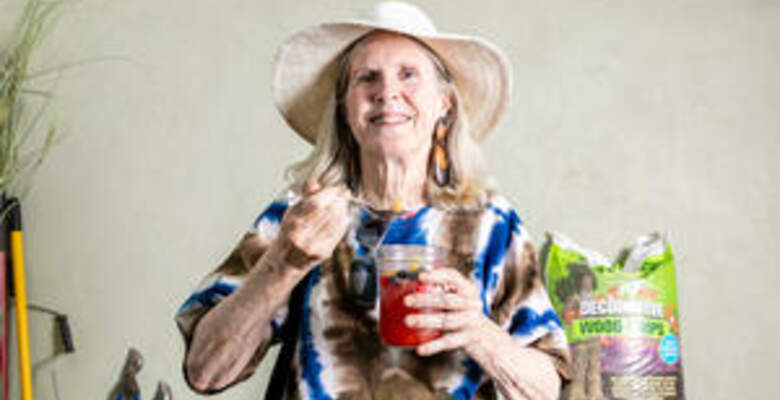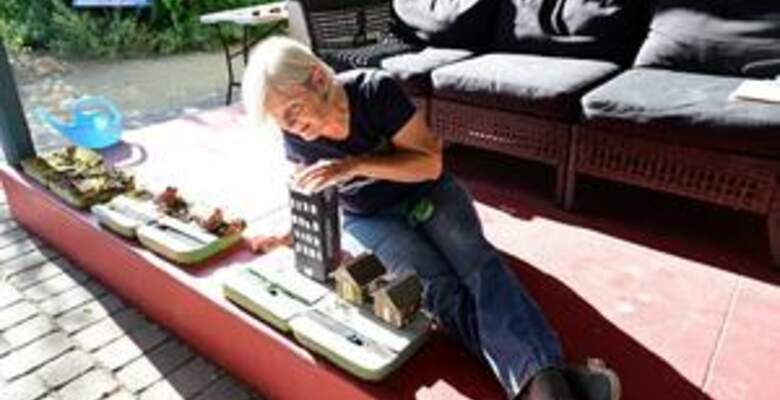What is a WMG Docent?
Docents are Watershed Management Group's volunteer ambassadors, both in the community and at our urban demonstration site, the Living Lab & Learning Center. They fill vital roles that support our mission of developing community-based solutions to ensure the long-term prosperity of people and health of the environment. If you are passionate about restoring our rivers to year-round flow, advocating for water security in the Southwest, and fostering stewardship of our precious water resources, consider being a WMG docent!
What Do Docents Do?
Docents are able to bring their experience and passion to support WMG's mission in ways that are personally meaningful to them. We work with each docent to identify and develop volunteer activities that fit their skill set and interests and meet WMG's needs. These activities can include: outreach at community, family, and neighborhood events, data collection and monitoring, rain garden care, co-teaching workshops, and greeting visitors and giving tours at our Living Lab.
What Skills Do Docents Need?
Passion for our mission! Subject matter experience is not necessary. We are seeking kind collaborators and people open to shared learning experiences to expand our educational offerings to a wider audience.
What Do Docents Receive?
WMG docents get to build skills and knowledge in community science, environmental education, environmental justice, Sonoran Desert ecology, water harvesting, and river restoration. Being a docent is also an opportunity to contribute skills you may already have honed through your life's work and work alongside the WMG team of staff, apprentices, interns, and board members.
Commitment
Apply for the Next Docent Cohort
New docents are brought on each year. You can submit your application at any time and we will follow up with you to schedule an interview and determine your start date. All docents participate in an annual training program on Friday afternoons from September - December alonside new apprentices and interns. If you would like to volunteer with WMG in other capacities while you wait for your docent position to start, we would love to have you!
Docent Testimonials

Laurel Pollard, Docent Since 2022
"My favorite part of volunteering with Family Programming at WMG is seeing the kids’ faces light up with excitement and interest when they learn something new at our program. I truly feel at home as a Docent at WMG, I feel like I am making a difference in the lives of people in my community. I have also learned much myself - expanding my knowledge of living hydro-locally and putting many of the teachings into practice."

April Lewis, Docent Since 2022
"Through my experience of being a docent, I have learned so much. While volunteering in our Welcome Center, I have learned about water conservation and the importance of involving the community in conservation actions. The more I experienced this, the more I brought home and shared with my children and grandchildren about the importance of conserving water in the desert. It has become a personal mission of mine to continue to involve my family in these issues and work with WMG to help ensure a sustainable future for them."